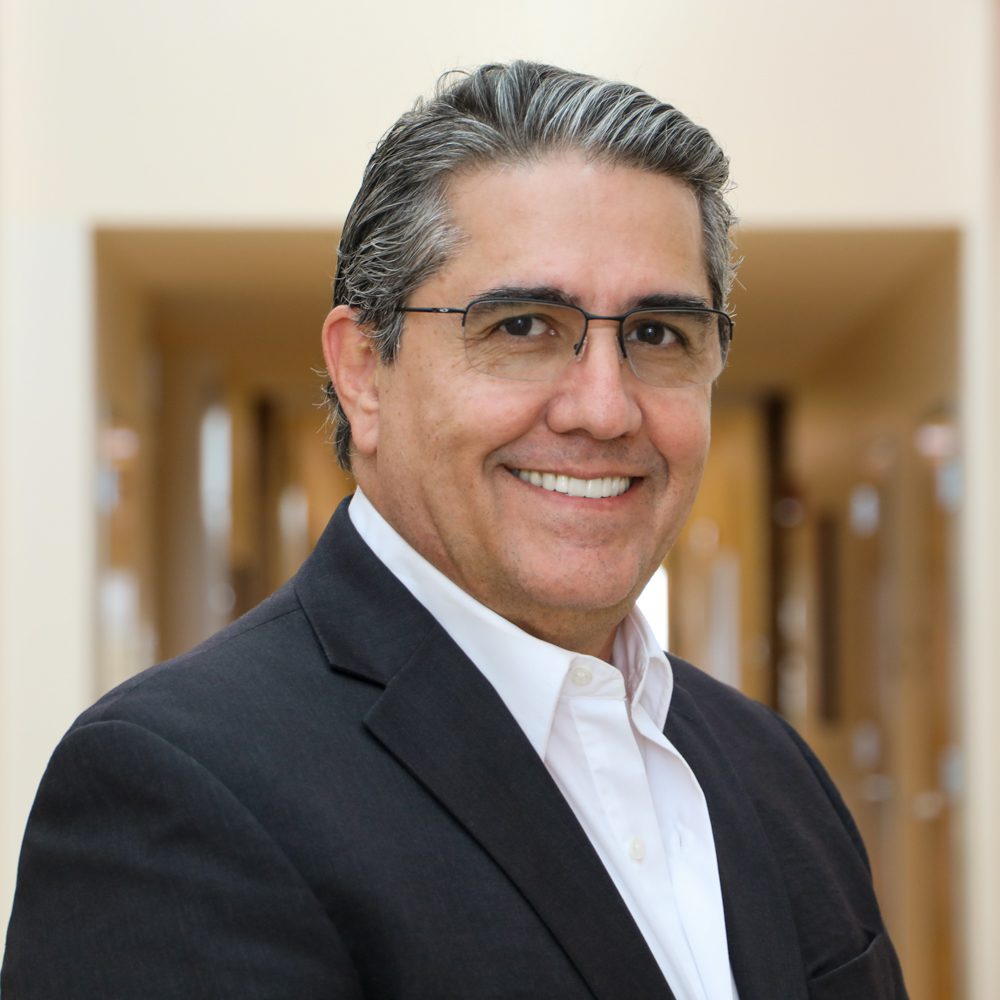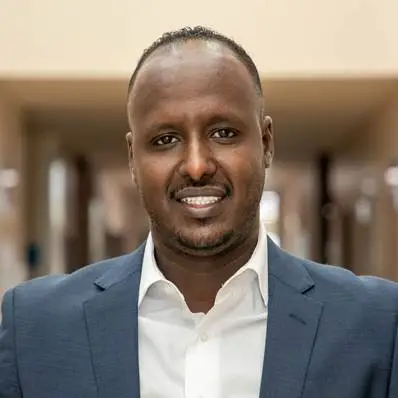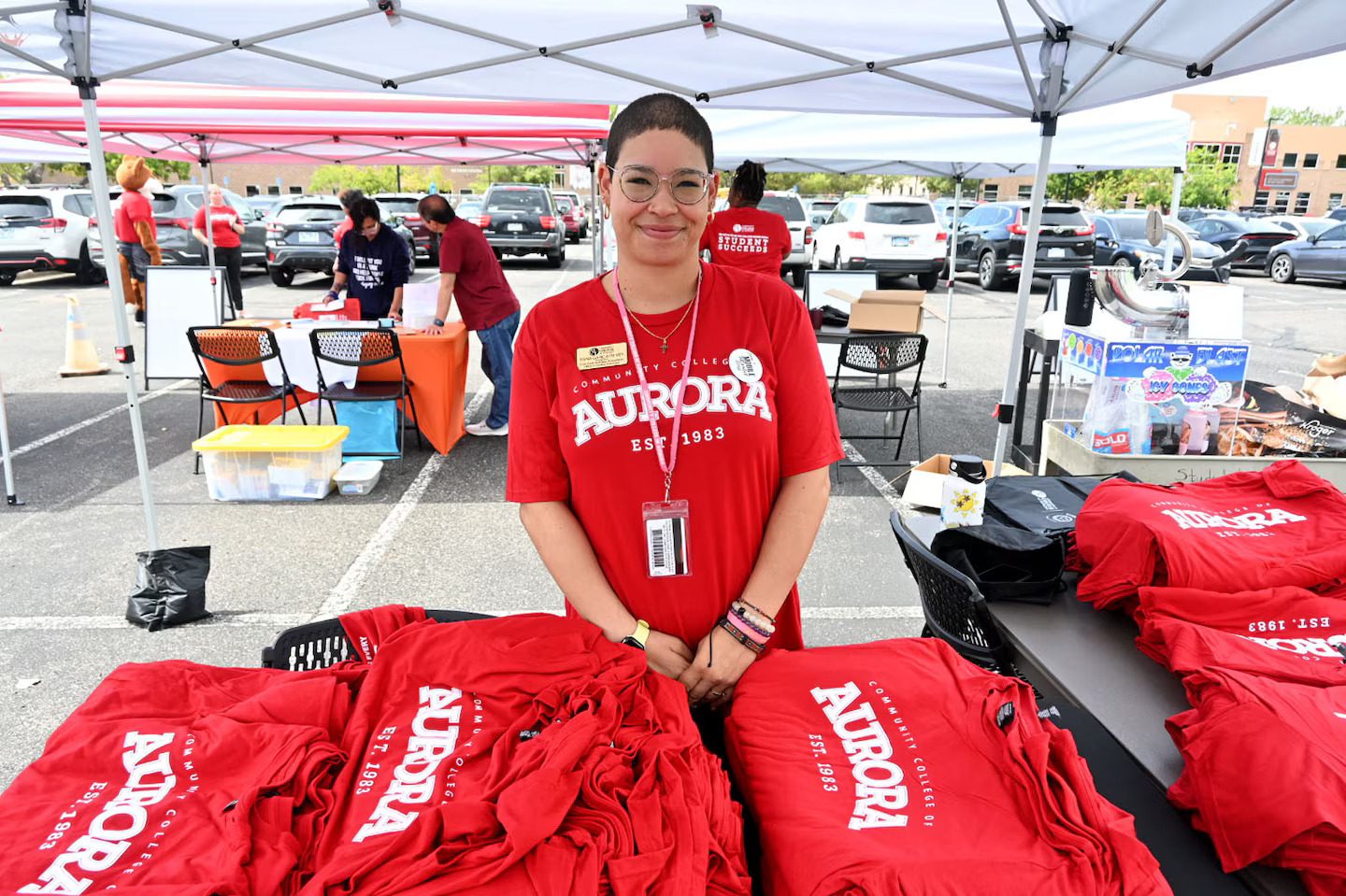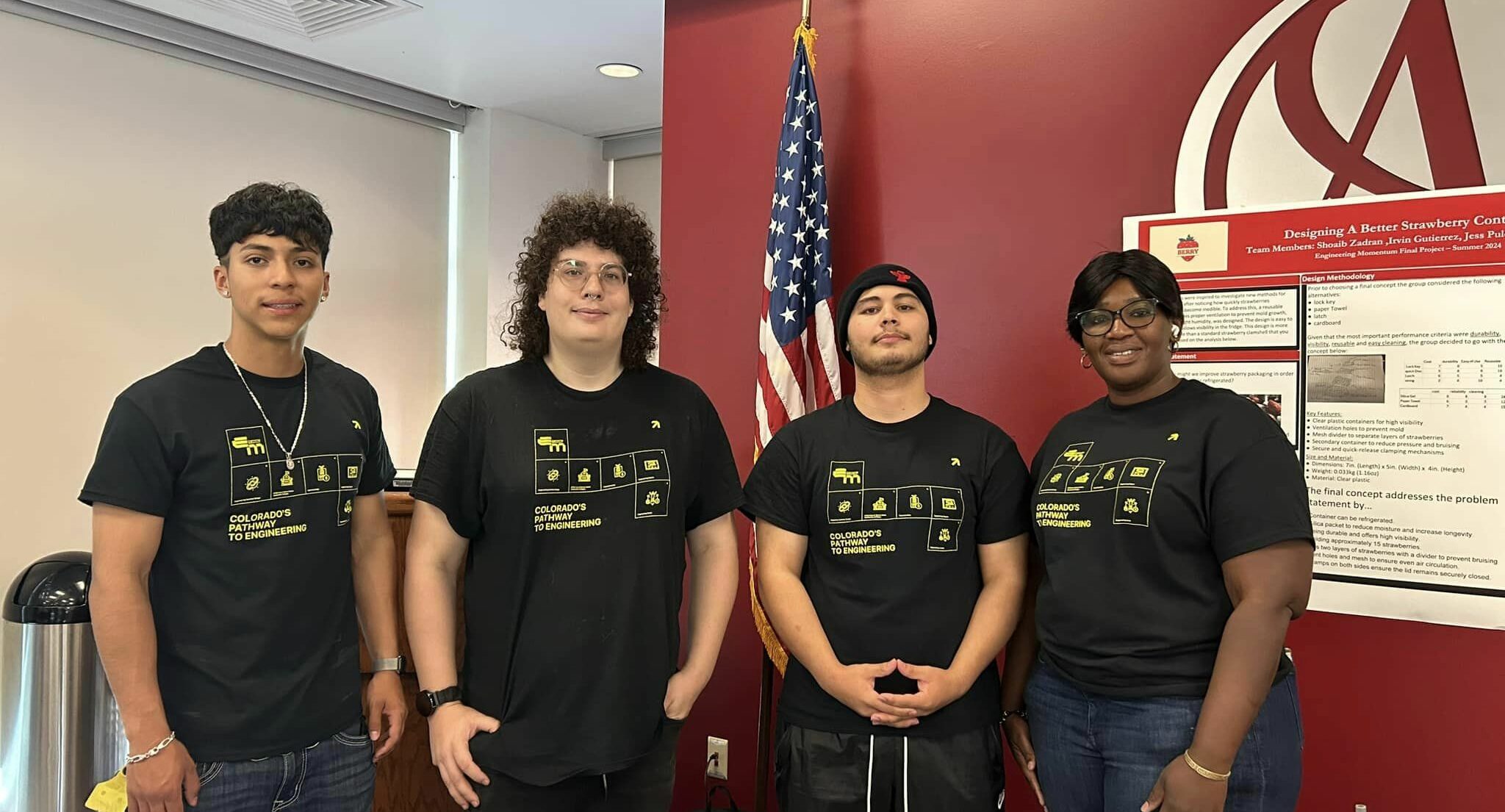

By his own account, Jorge Correa’s business courses are intense.
“I really go into a lot of detail. How do you write a business plan? How do you define your vision and mission? How do you hire people—how do you fire people?” he explained. “Imagine condensing your entire business career in one year.”
That’s the aim of Morgan Community College’s Multicultural Entrepreneurship certificate program, a three-semester bootcamp that helps new arrivals turn their homespun businesses into lucrative outfits. Over the last four years, the program has grown from a handful of learners to more than 300 graduates.
While he is pleased with this progress, Correa is most excited to see his former students in action. He recalled running into a graduate who recently expanded her thriving tamale business.
“She told me, ‘You know what? You made me free. I can do things in life,’” he said. “That’s the payoff for me.”
Harnessing Resilience

Mo Darar, Correa’s faculty counterpart, attributes the program’s success to its student-centered design.
From the get-go, college leaders knew they wanted to offer courses taught in learners’ home languages—primarily Somali and Spanish. That approach is “night and day” from simply bringing in an instructor and interpreter, Darar said.
“A lot of the material would be lost in translation, and there would be some cultural disconnect,” he explained. “How about we come up with a different model where we eliminate the middle guy?”
Community outreach has also been key to attracting prospective learners. To promote the program, Darar regularly meets with leaders from Somali communities, while Correa has launched a business education show in partnership with the local Spanish radio station.
The goal is to get more Latino and African community members to see themselves as true business leaders and take their skills to the next level, Darar said.
“These are folks from some of the most underprivileged and most conflicted areas in the world. They come to this new country with a lot of resilience,” he said. “That positions them well as managers, owners, or entrepreneurs.”
Building Connection
Beyond its in-language method, the program offers a unique blend of coursework and mentorship.
Many of the students already run fledgling companies in transportation, food service or retail but lack a formal business education, Correa said. At MCC, students learn how to analyze the market, project sales, identify sustainable supply chains, and more.
“I would say 60% of my students are already running a business, but it’s based on trial and error,” Correa said. “I teach them how to organize the business and be more profitable.”
Learners also need support in navigating state and local resources, Darar said. He coaches students on applying for business licenses and links them to local suppliers. In the future, he hopes to harness artificial intelligence to make students’ businesses even more efficient.
“They already know what to do—they already know their target audience,” Darar said. “All they need are connections to get their business off the ground and in a manner that’s operational.”
It provides my students with a sense of ownership—a sense of pride in what they can accomplish despite the odds. It gives them an opportunity to compete and show what they can offer.
An ‘Opportunity to Compete’
As the program grows in popularity, Correa and Darar are racing to keep up with community need. More of Correa’s students now hail from Central and South America, while Darar recently added courses taught in French and Arabic to accommodate learners from North and West Africa.
The pair also wants to leverage the program’s impressive alumni network. With hundreds of graduates active in the area, Correa and Darar believe learners can work together through new business partnerships.
That community impact is what the program is all about, Darar said.
“It provides my students with a sense of ownership—a sense of pride in what they can accomplish despite the odds,” he said. “It gives them an opportunity to compete and show what they can offer.”


